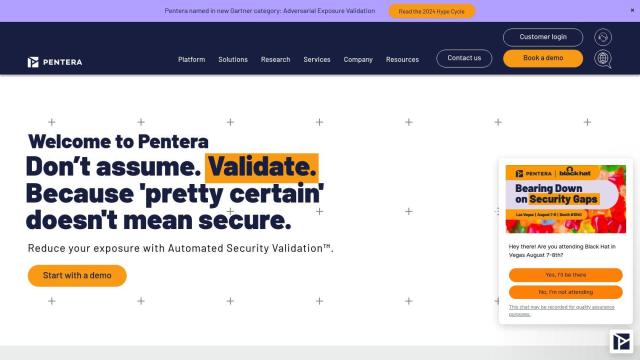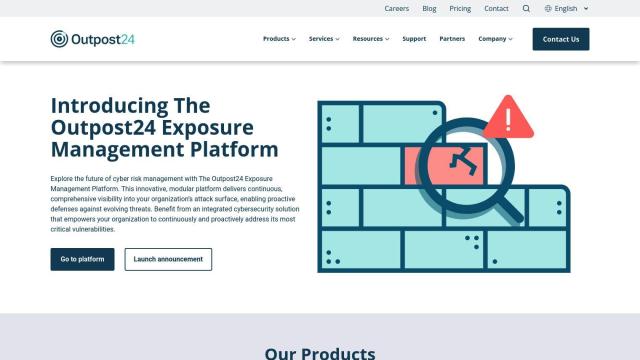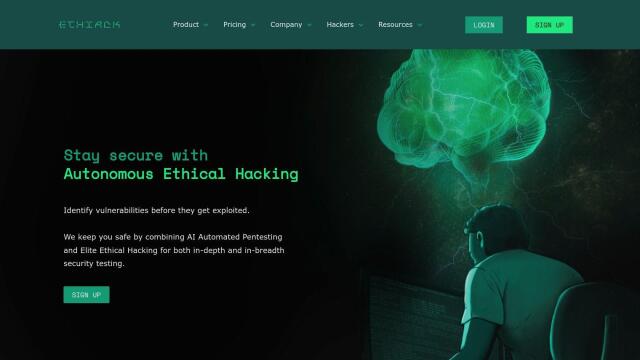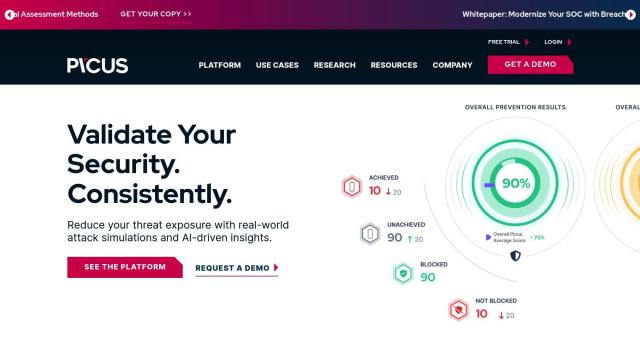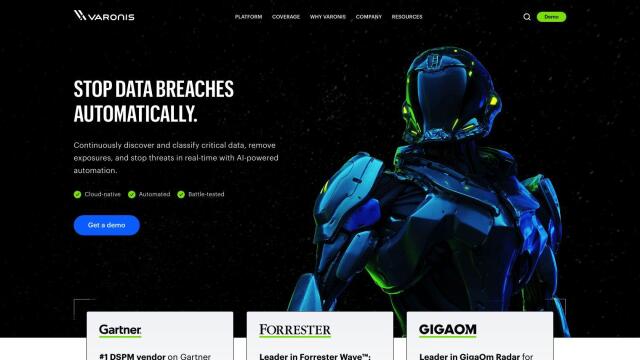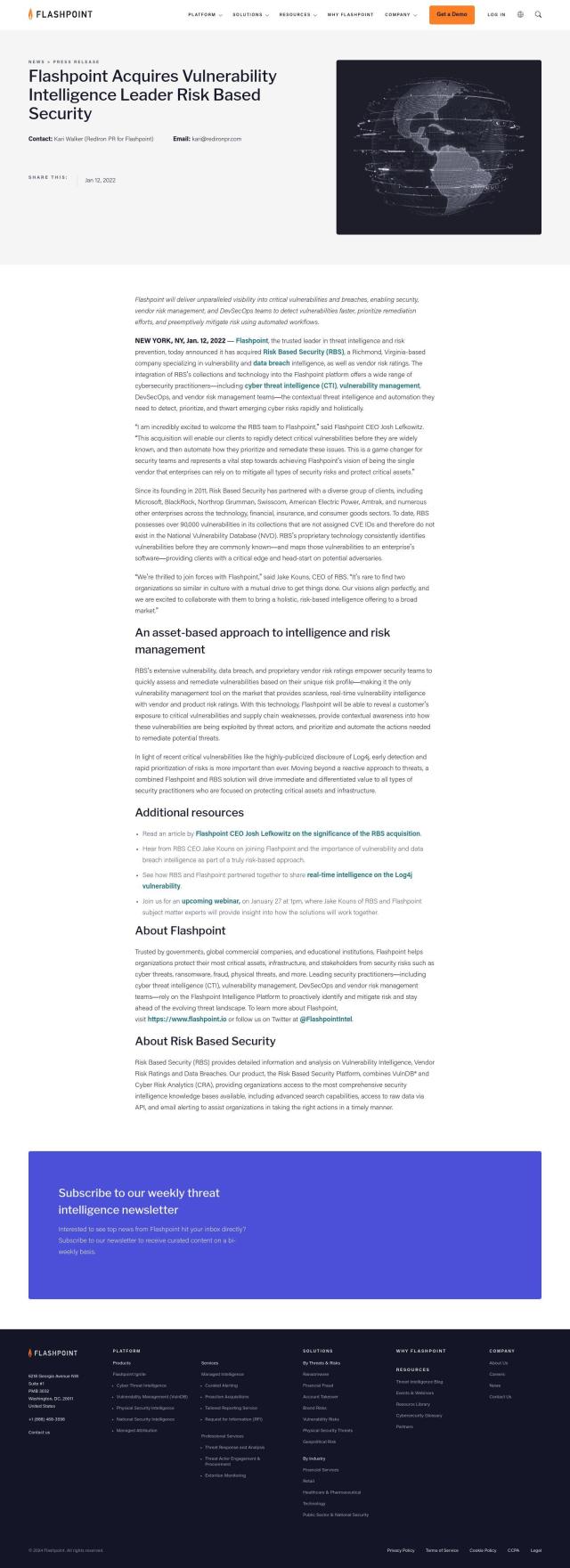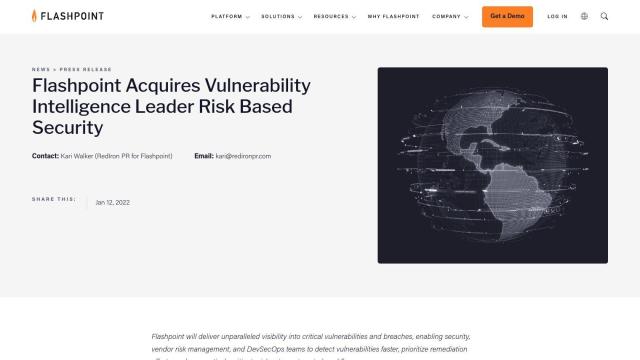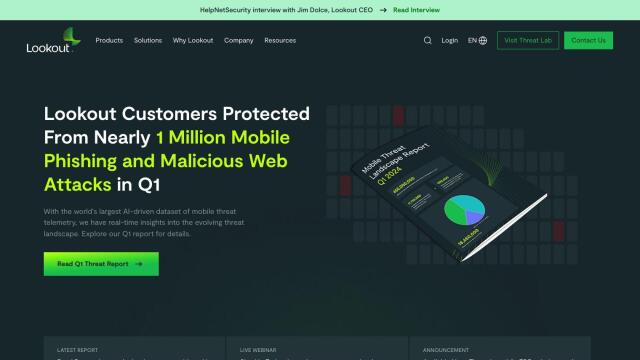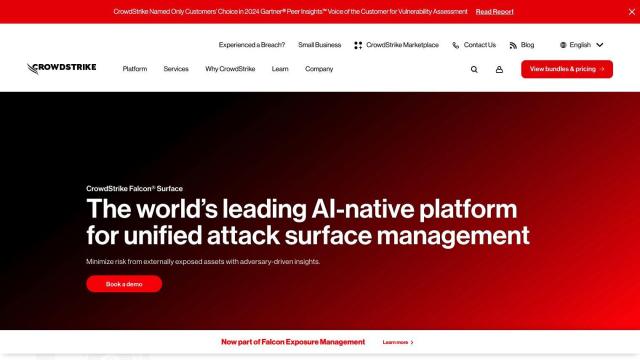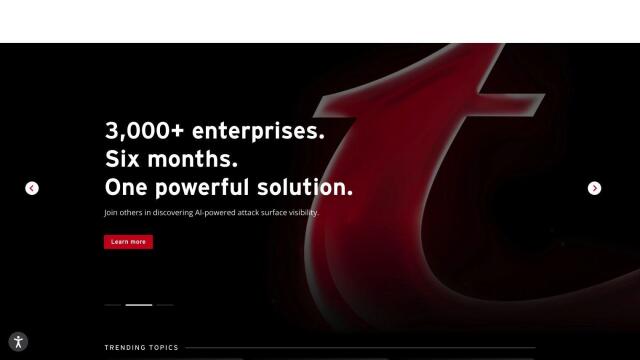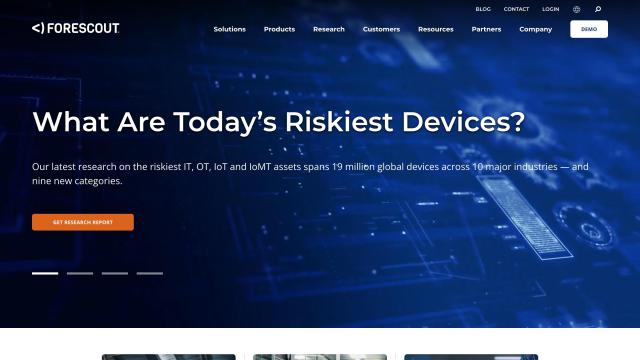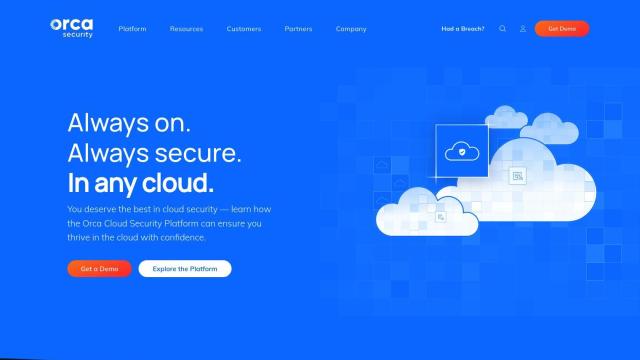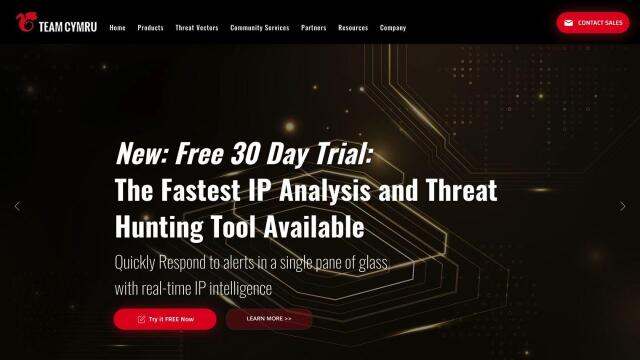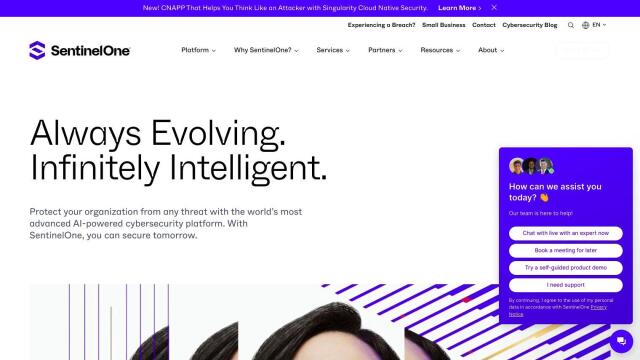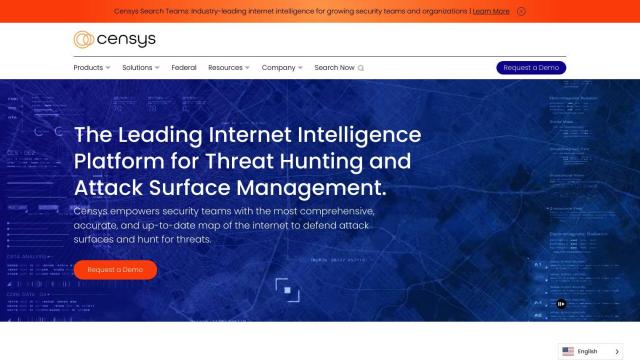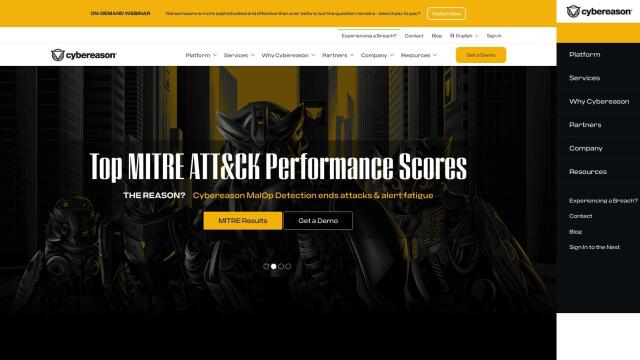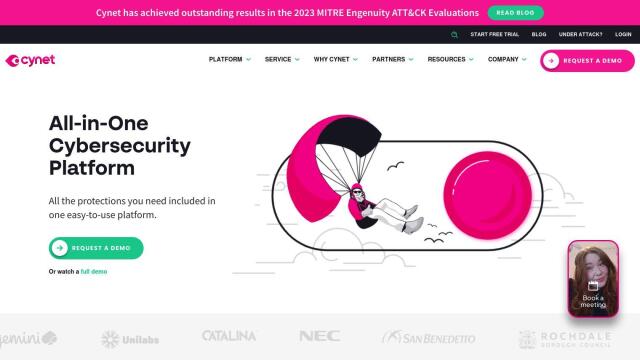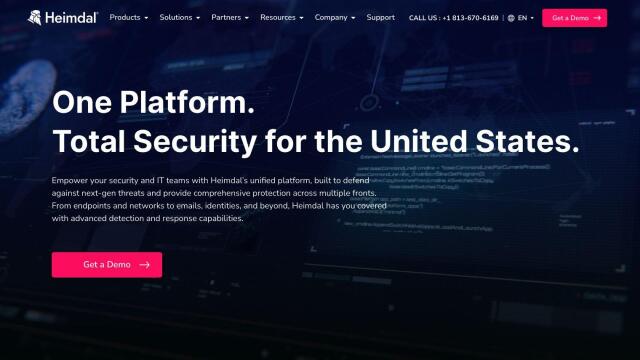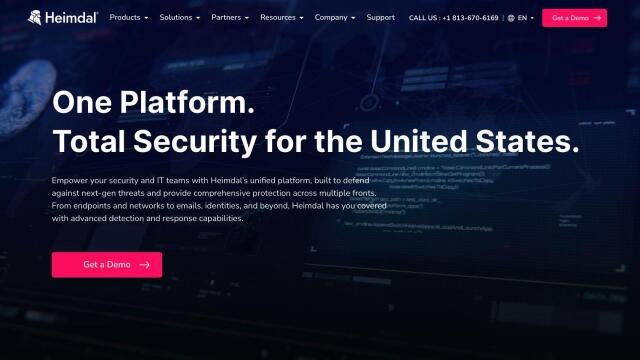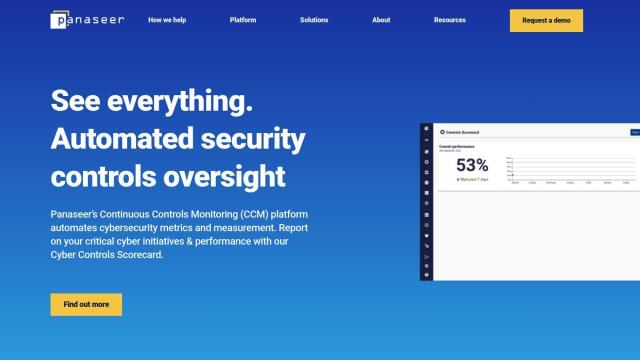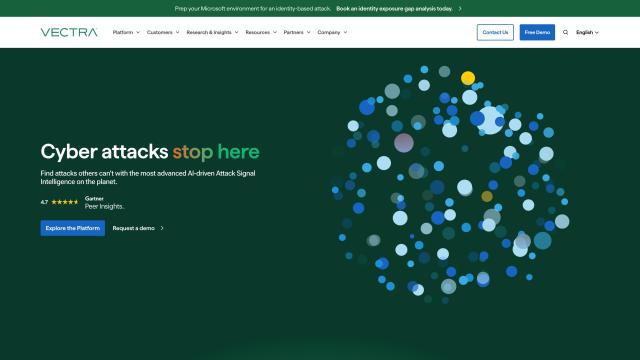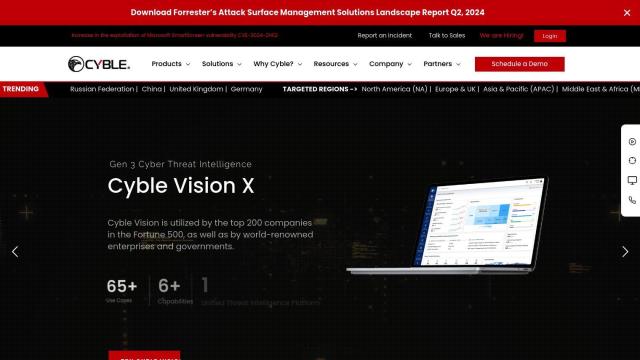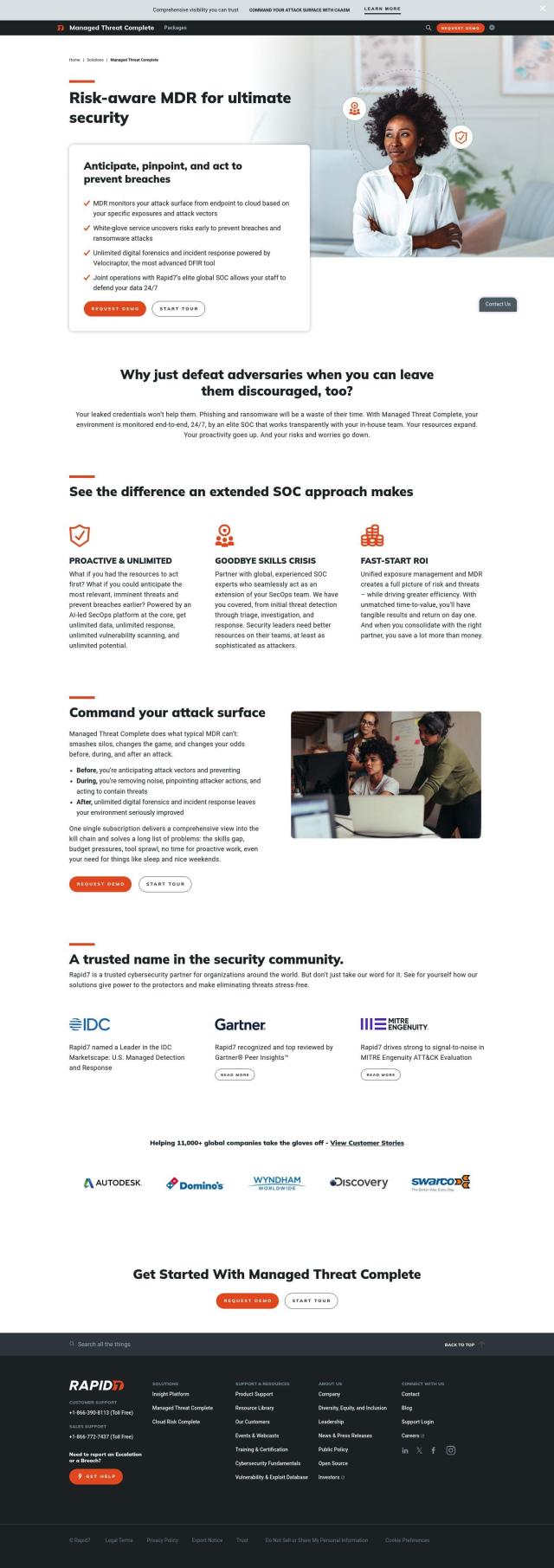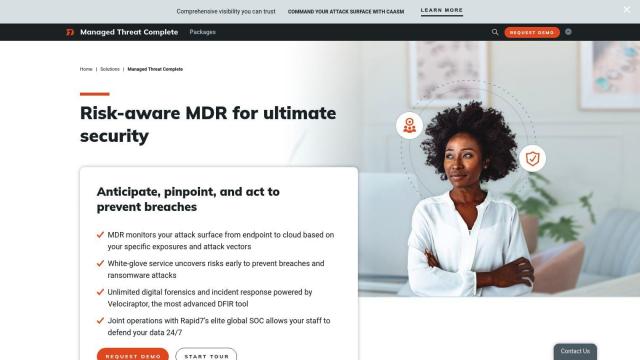
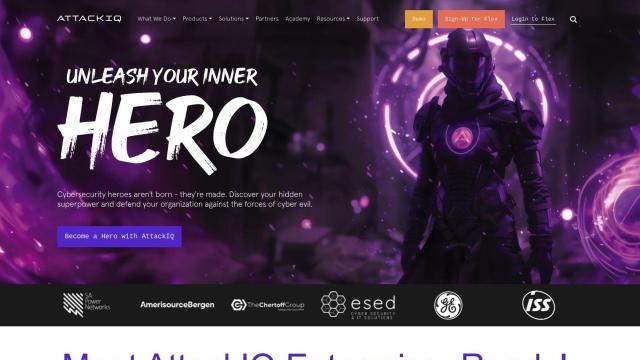
AttackIQ
If you're looking for a Pentera alternative, one place to start is AttackIQ. Like Pentera, it offers breach and attack simulation tools for a threat-informed defense approach. Based on the MITRE ATT&CK framework, it offers automated control validation, real-world attack simulations and results that can be used to take action. It's designed to accommodate a range of needs, from small businesses to more mature security operations centers.

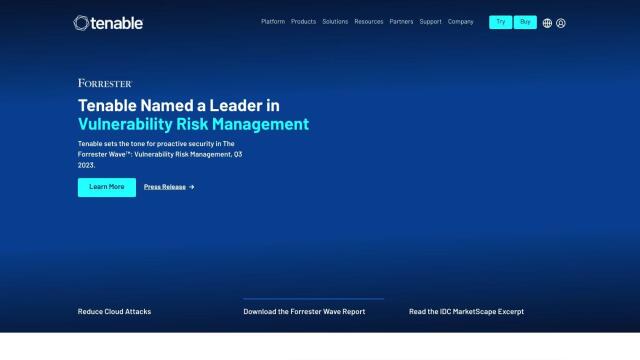
Tenable
Another option is Tenable, which offers a broad portfolio of tools for vulnerability management, cloud security, OT security and identity exposure management. It offers features like exposure metrics and reporting, attack path analysis and real-time vulnerability assessment and prioritization. Tenable is used by many organizations in many industries and is certified for many regulations, so it's a good option for managing cyber risk across the entire attack surface.

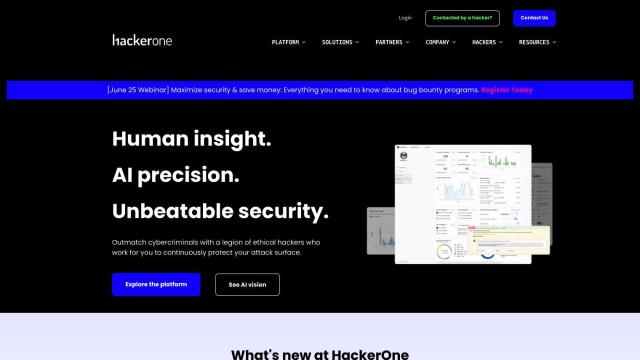
HackerOne
For those who want a platform that combines human expertise with AI, HackerOne is a strong alternative. HackerOne uses a global community of ethical hackers to identify and fix vulnerabilities, and it offers tools like pentest as a service, bug bounty and a vulnerability disclosure program. It's geared for organizations with a high security posture, but it's a good way to get a leg up on digital security by combining human and AI expertise.

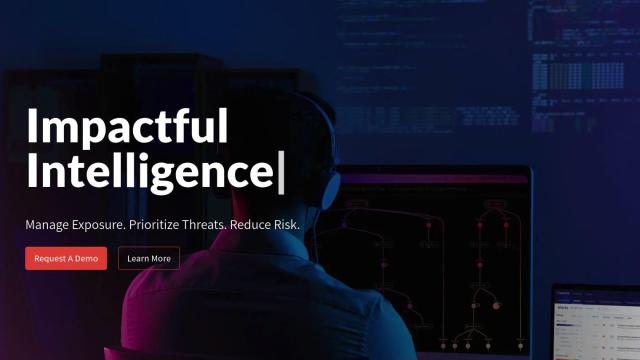
Cyberint
Last, Cyberint offers a range of risk management tools including attack surface management, phishing detection and data leakage prevention. The company aggregates threat intelligence from a variety of sources into a single platform that offers risk intelligence feeds and playbooks to help you make decisions. Cyberint is designed for a range of industries, and it offers additional services like deep cyber investigations and attack simulation, so it's a good option for those who need a more comprehensive cybersecurity approach.

